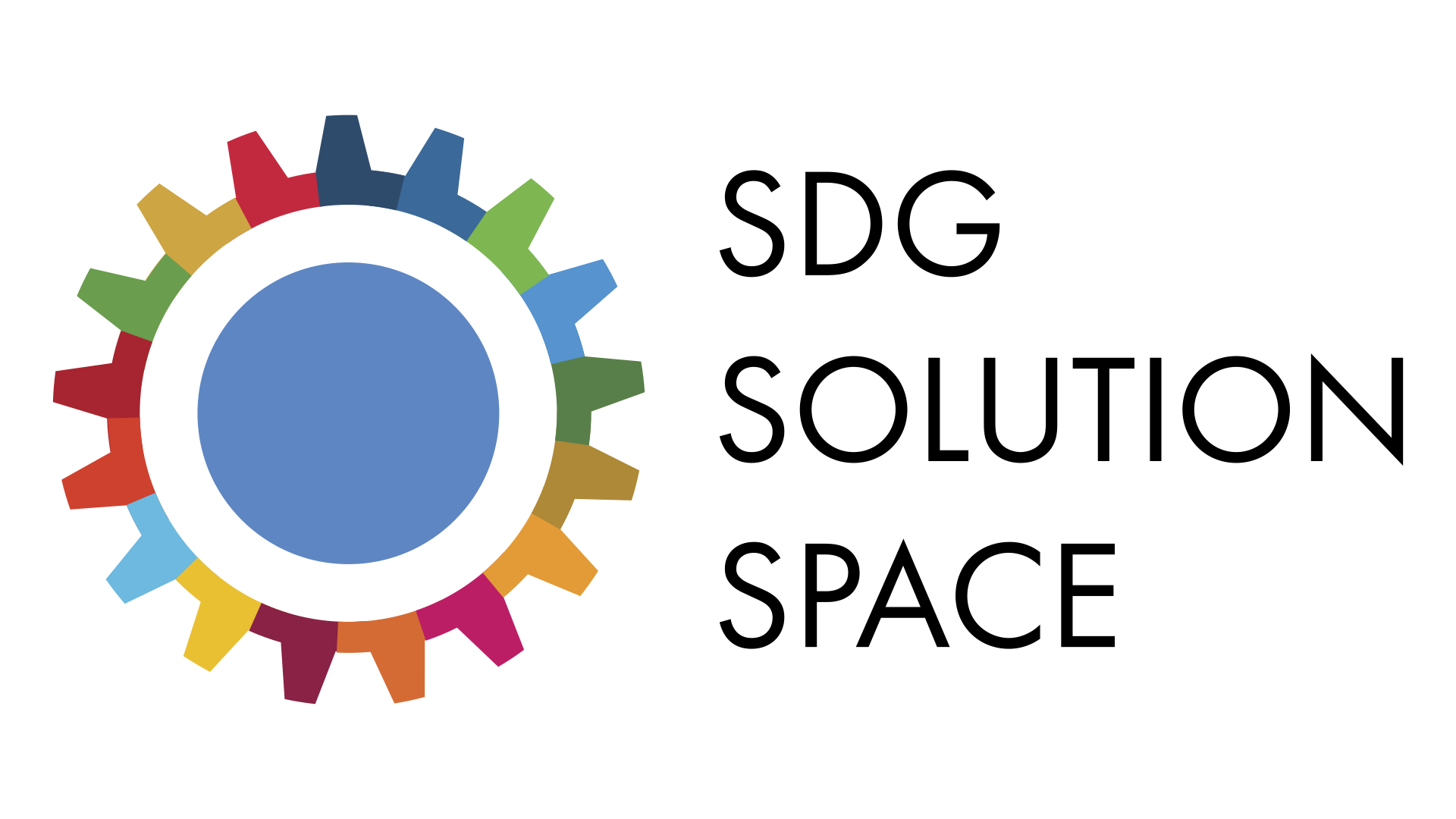1st of November 2021
Juliette Gailly and Zoé Riondel

Introduction of the panelists and organizations
Prof. Matteo Tarantino is a lecturer at the University of Geneva and the Università Cattolica del Sacro Cuore in Milano. He specializes in gathering and processing intelligence. He is teaching, among other courses like “Cities in Transition”, a module on Data visualization with Python to students of the IHDS programme. One of this year’s projects is to map carbon sequestration in the city of Dublin.

George Hodge is a Technology Adviser at the Office of the United Nations High Commissioner for Human Rights (UNHCR). He seeks to enhance the speed and coverage of human rights monitoring within the UN through support to country offices, as well as via new methods, data and tools. UNHCR is the UN Agency dedicated to enhancing Human Rights, specifically those of refugees, displaced communities and stateless people.
As a fellow IHDS Master’s candidate, Hugo Powell has already had an impactful start in his career. Before joining the program, he was an assistant for three years to the CEO of Virunga Foundation, an NGO focused on conservation in the DRC. He is the producer of his family-run media company, called Powell Media, focusing on storytelling in the humanitarian field. Recently, he has joined the ICRC (International Committee of the Red Cross) as their Associate in GIS and Mapping.
Challenges
All the panelists demonstrated the value of data science for governance aimed at achieving the SDGs. The main challenges they identified relate to data itself. Prof. Tarantino highlighted that data issues, like quality and interoperability often occur due to lack of skills. The latter challenge is also emphasized by Mr. Hodge. He argues that lack of skills in some places is the source of inconsistent and poor quality data collection. Consequently, indicators used to measure progress of the SDGs and the state of Human Rights take a long time to produce.
Innovation according to the panelists
To tackle the challenges previously described, the panelists presented their perspective on innovative solutions. Prof. Tarantino explained how coding and the building of software could guide evidence-based policymaking. Hugo Powell’s approach to innovation differs in that it exclusively focuses on GIS data (Geographic Information System). You can access the mapping software OKGIS for free with your student email. Finally, Georges Hodge argued that innovation is needed to exploit
the full value of open source data and information in order to monitor human rights and to manage risks.
The three panelists recognized that learning data science can be quite challenging. They compared it to learning a new language: after experiencing a peak of enthusiasm, it is possible you become unmotivated and quit. They advised to try to make it social and fun to get through this phase.
Internship Opportunities
https://careers.un.org/lbw/jobdetail.aspx?id=150944&Lang=en-US
